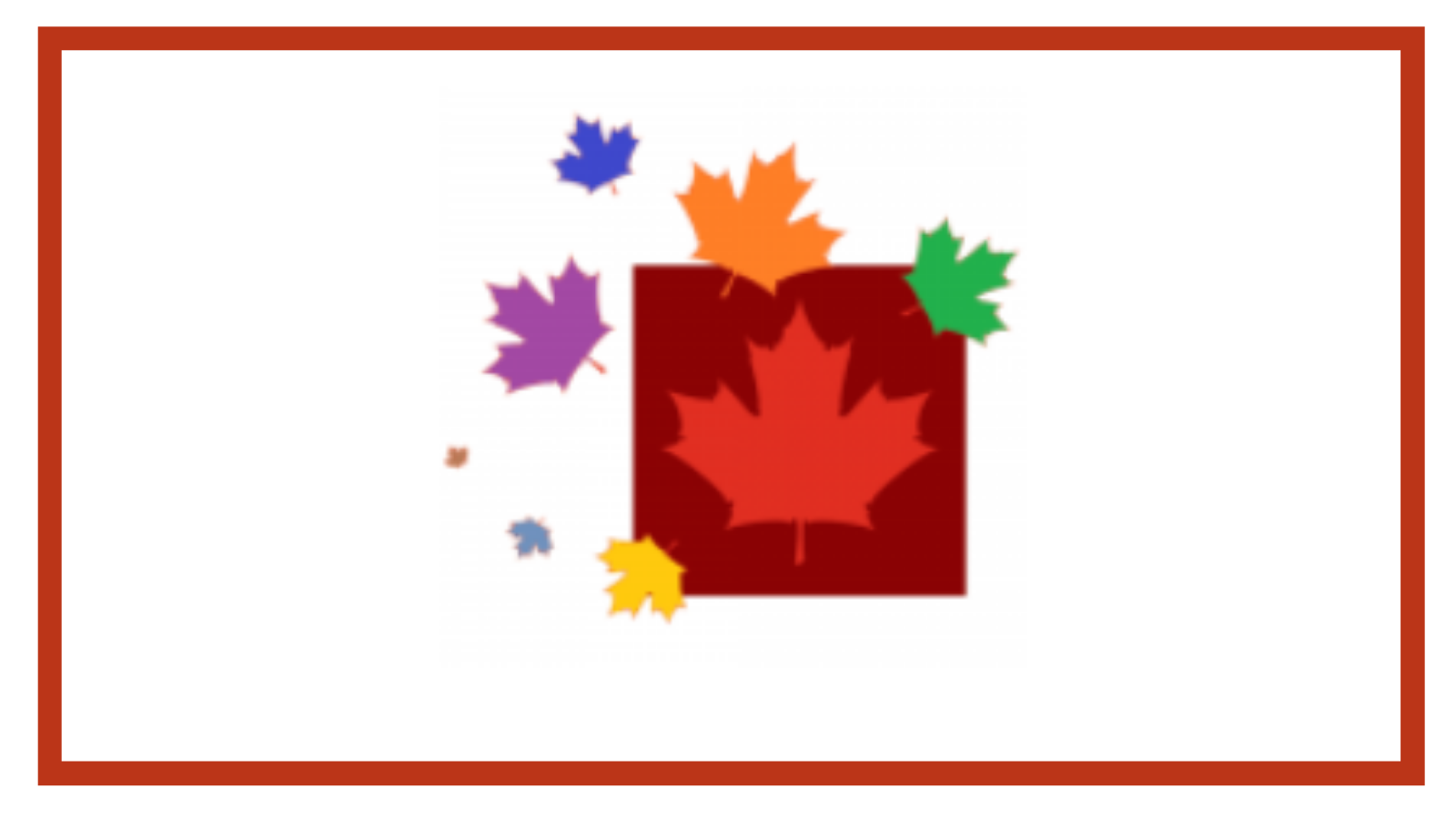A referendum question usually calls for a simple binary response: yes or no. In Britain on Thursday, voters will decide whether to “remain” in or “leave” the European Union.
The first draft of the referendum question required a yes/no response to a pretty straightforward question: “Should the United Kingdom remain a member of the European Union?” But the British electoral commission argued for something more nuanced: “Should the United Kingdom remain a member of the European Union, or leave the European Union?” The commission persuaded the House, and the question was adopted by Parliament Sept. 7.
The first draft of the question was only 11 words; the final version runs to 16. But the distinction between “remain” and “leave” has become not only the ballot question but the basis of the Brexit campaigns’ duelling slogans: Europe, in or out.
There’s a lot riding on this — the stability of the EU, the unity of the U.K. itself. If the Leave forces win, there will be an unravelling of both. And in the final days of the campaign, most polls put the two options within the margin of error — too close to call.
So how did British Prime Minister David Cameron get himself into this predicament? He ran on it. Seriously.
In the May 2015 election, Cameron promised to hold a referendum on the EU if he won. He was trying to placate the Conservative base in England while pushing back against an anti-EU insurgency by the United Kingdom Independence Party on the right.
The New York Times notes that half of Britain’s 330,000 immigrants in 2015 came from Europe, and in southern England many residents complain about them taking their jobs.
“It is for the British people to have their say,” Cameron declared at the time. “It is time to settle this European question in British politics.”
Be careful what you wish for. Having sown the wind, Cameron could be about to reap the whirlwind. Should the Leave forces prevail, he almost certainly would be be packing his bags at Downing Street the next day.
It shouldn’t come to that. It shouldn’t be this close, either. A YouGov poll for the Sunday Times on the weekend had the Remain side leading 44-43, having been down seven points — 46-39 — a week earlier. The pollster was in the field mostly before the murder of Labour MP Jo Cox, a 41-year-old mother of two who was shot and stabbed in her riding last Thursday by an apparently deranged Leave supporter.
In the shock of the aftermath, the campaign was immediately suspended on both sides. It’s not clear whether Cox’s death will bring some wavering voters to their senses, but the tragedy certainly became a dominant media frame in the closing days of the campaign.
Usually in referendums, undecided voters gravitate to the status quo, normally by margins of about two to one. That was the case in the Scottish independence referendum of 2014, and the Quebec plebiscites of 1980 and 1995. (In the Scottish referendum, the No side’s 55-45 win was helped by the clarity of the six-word question: “Should Scotland be an independent country?”)
If that pattern holds for the Brexit vote, the Remain side should win by about four or five points, something like 52-48. But you never know.
There’s no doubt that a Brexit vote would be a devastating blow to a united Europe. The European project has been a work in progress since the 1950s, when it was founded as the six-nation European Economic Community, including France and West Germany, in 1957. The U.K. joined in 1973. Today the EU has 28 member countries, 19 of them using the euro as their common currency — a continent without borders, an economy of 500 million people.
Comparatively few refugees have landed in the U.K., but that hasn’t prevented the Leave forces from making immigration their main grievance.
The EU has weathered several serious recent crises, from the financial collapse of 2008-09 to the great refugee migration still in progress. The economic crisis underlined the fundamental weakness of the euro — the fact that no one seems to know how to sustain a common monetary policy across economies as strong as Germany and as weak as Greece. Britain never adopted the euro, Margaret Thatcher having carried the argument that relinquishing control of monetary sovereignty would be a surrender of political sovereignty.
The refugee crisis has prompted different responses across Europe; Germany and Sweden are leading by generous example in receiving migrants, while countries such as Hungary have erected barbed wire fences. Across the continent, extremist and xenophobic right-wing movements have flourished in the last year. Donald Trump would feel right at home.
Comparatively few refugees have landed in the U.K., but that hasn’t prevented the Leave forces from making immigration their main grievance. The New York Times notes that half of Britain’s 330,000 immigrants in 2015 came from Europe, and in southern England many residents complain about them taking their jobs. That’s one sentiment driving the “Take Back Control” slogan employed by the Leave side. Another is bungling bureaucrats in Brussels — foreigners meddling in their local economy.
All of which has left Britain divided and on the brink. Until the last week, England had been leaning to the Leave. Scotland, Wales and Northern Ireland all clearly favour the Remain side. For Scotland in particular, the EU is a check and balance against the power of Westminster. A vote to leave it could well trigger another referendum on Scottish independence. In Northern Ireland, it could result in the end of a borderless relationship with the Irish Republic.
And Great Britain could become Little England — no longer a leader in Europe and much diminished in the world, including the world of financial services in which the City of London is a global leader.
As a fellow member of the G7 and G20, as a NATO ally and leader of the Commonwealth, as an important trading and investment partner, Canada’s preference should be obvious — for a United Kingdom in a united Europe, with no unravelling of either.
Republished in partnership with iPolitics.ca





